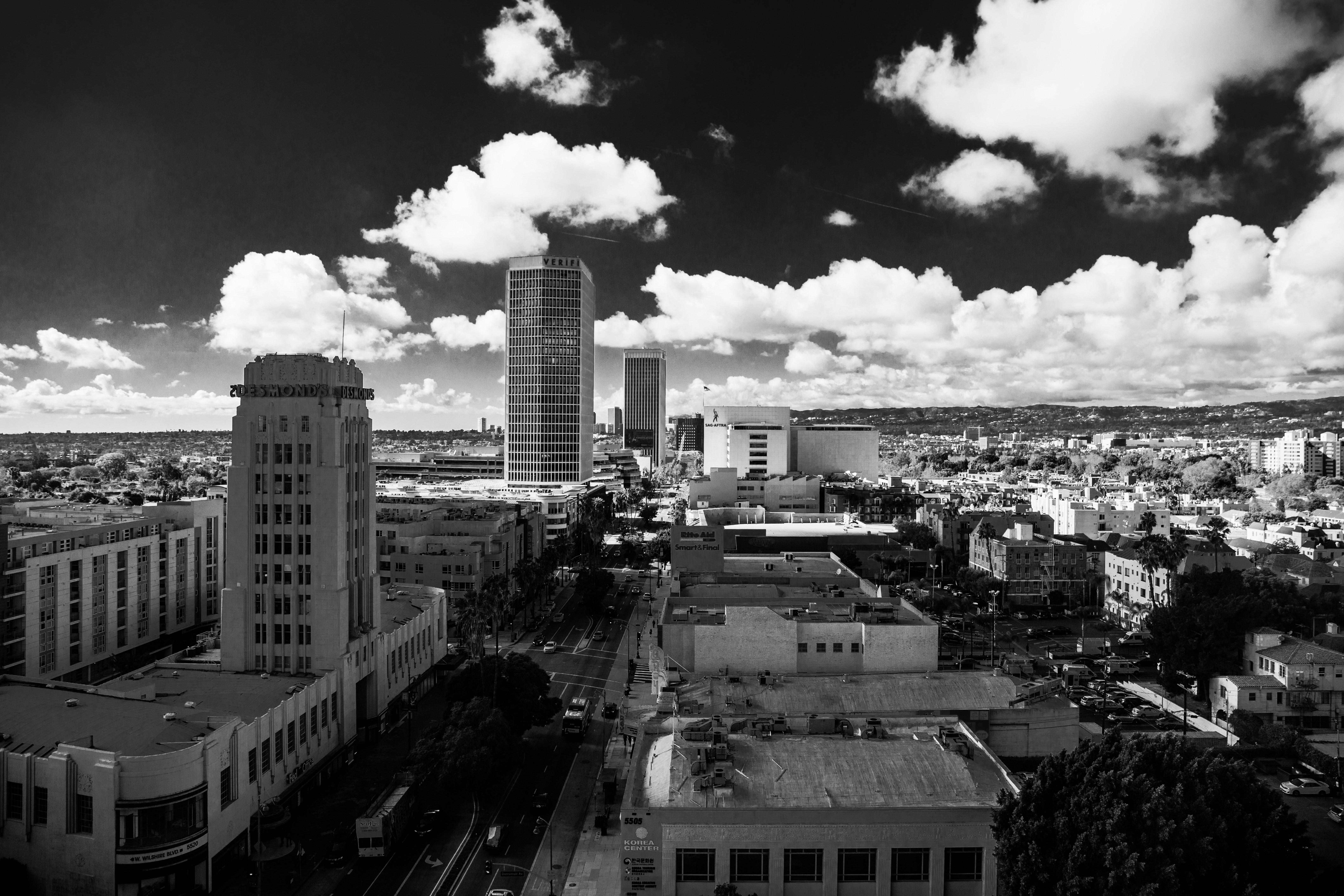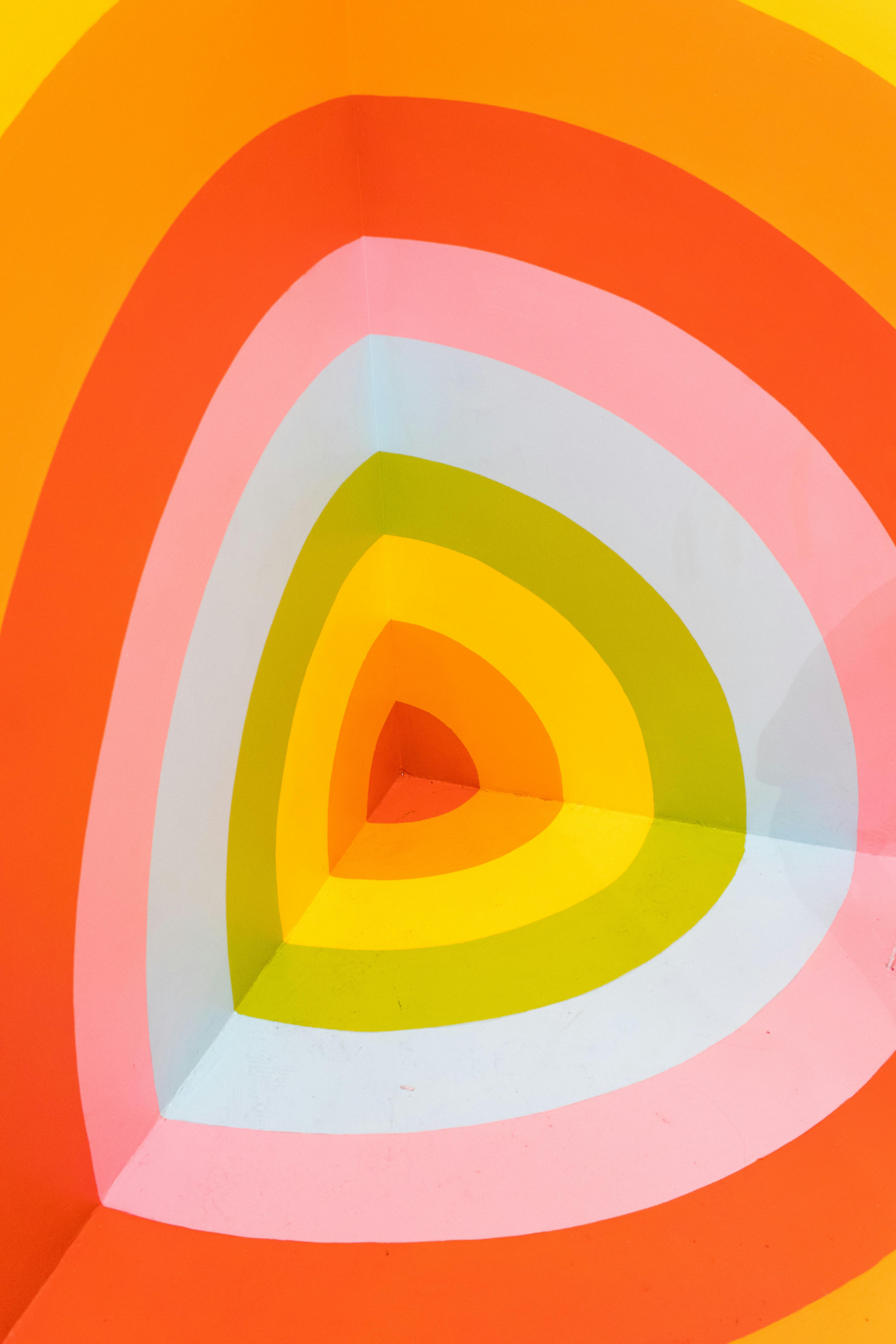In the realm of contemporary cinema, few films have captured the imaginations of audiences and critics alike as profoundly as Damien Chazelle’s “La La Land.” This modern musical, lauded for its homage to classic Hollywood and innovative storytelling, stands out not only for its narrative and musical prowess but also for its masterful use of visual elements. Central to the film’s aesthetic appeal are its vibrant color palette and the strategic deployment of visual metaphors, both of which serve to enhance the emotional and thematic depth of the story. This article aims to dissect how “La La Land” employs color and visual metaphors to convey complex emotions, underscore character development, and ultimately, craft a cinematic experience that resonates on multiple levels. Through an analytical lens, we will explore the deliberate choices made by the filmmakers and their impact on the audience’s perception of the film’s narrative arc.
Symbolism of Primary Colors in Character Development
In “La La Land,” the primary colors—red, blue, and yellow—are masterfully utilized to represent different stages and facets of the characters’ journeys. Each color is imbued with symbolic meaning, shaping the audience’s understanding of the protagonists’ internal and external transformations.
Red often accompanies moments of passion and ambition. For instance, Mia’s red dresses underscore her fiery determination and artistic fervor. Conversely, blue is frequently used to signify introspection and melancholy, as seen in Sebastian’s wardrobe and the blue-toned jazz clubs he frequents, reflecting his soulful dedication to his craft. Yellow, on the other hand, embodies hope and the potential for new beginnings. The yellow dress Mia wears during the audition sequence highlights her optimism and the dawning of new opportunities. These colors not only enhance the visual appeal of the film but also serve as visual metaphors that deepen the narrative and emotional resonance.

Emotional Landscapes Through Visual Metaphors
In La La Land, the interplay of color and visual metaphors creates a rich emotional tapestry that enhances the narrative’s depth. Color is employed not merely as an aesthetic choice but as a narrative device that conveys the internal states of the characters and the shifting dynamics of their relationship. For instance, the film’s opening sequence is drenched in vibrant hues, symbolizing the boundless optimism and dreams of the protagonists. As the story progresses, the palette shifts to cooler, more subdued tones, reflecting moments of introspection and melancholy.
Visual metaphors are equally potent in the film. The recurring motif of the “City of Stars” serves as a metaphor for the characters’ aspirations and the elusive nature of their dreams. Key scenes utilize light and shadow to underscore emotional contrasts, such as the juxtaposition of the brightly lit audition room with the dimly lit streets, symbolizing the stark divide between success and failure. The use of mirrors and reflections further explores themes of self-perception and identity, inviting viewers to delve deeper into the characters’ psyches.

Color as a Narrative Device in Key Scenes
In “La La Land,” color serves as a powerful narrative device, especially in pivotal scenes that underscore the characters’ emotional arcs and evolving dynamics. The film strategically employs a vibrant color palette to communicate underlying themes and emotions. For instance, the initial scenes where Mia and Sebastian first meet are drenched in rich, contrasting hues that symbolize their individual aspirations and the potential for their intertwined destinies. The use of primary colors—red, blue, and yellow—during these moments creates a visual metaphor for their nascent dreams and burgeoning romance.
Additionally, certain scenes utilize color to signify emotional transitions and character development. Consider the sequence in the planetarium, where the shift from realistic lighting to a dreamlike, star-filled backdrop in deep blues and purples conveys the transcendence of their connection beyond the mundane. Later in the film, the muted tones during their final encounter highlight the bittersweet nature of their journey, emphasizing themes of sacrifice and unfulfilled dreams. These choices are not mere aesthetic decisions but deliberate storytelling techniques that add depth to the narrative.

Recommendations for Analyzing Cinematic Color Use
When analyzing the use of color in La La Land, consider the following key aspects:
- Symbolism: Examine how colors are used to represent specific emotions, themes, or character arcs. For instance, the vibrant primary colors in Mia’s and Sebastian’s costumes often symbolize their individual dreams and aspirations.
- Scene Context: Pay attention to the context in which certain colors appear. The film’s opening number, “Another Day of Sun,” utilizes bright yellows and blues to evoke a sense of optimism and hope.
- Contrast and Mood: Look at how contrasting colors within a scene affect the overall mood. The shift from warm, intimate hues in the romantic scenes to cooler, more isolated tones in moments of conflict can significantly impact the audience’s emotional response.
- Progression: Notice how the color palette evolves throughout the film. The transition from the vivid colors of the couple’s early relationship to the more subdued tones in the latter part of the movie mirrors the progression of their journey and the eventual reality they face.
By focusing on these elements, you can gain a deeper understanding of how color is used not just for aesthetic purposes, but as a powerful narrative tool in La La Land.































